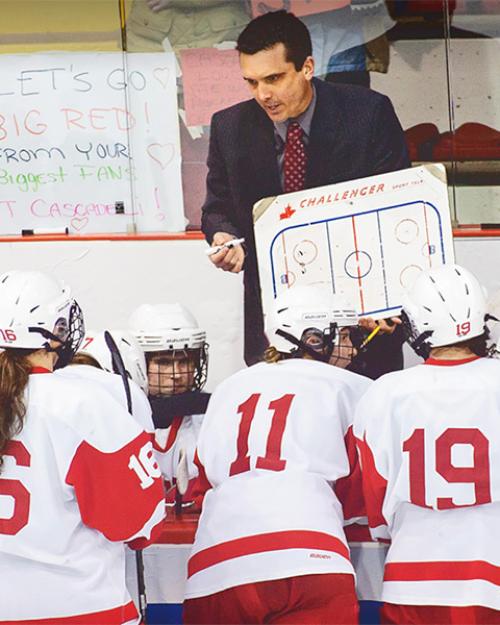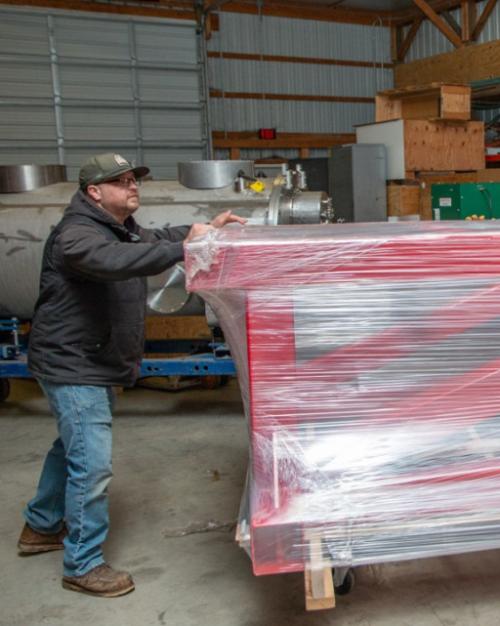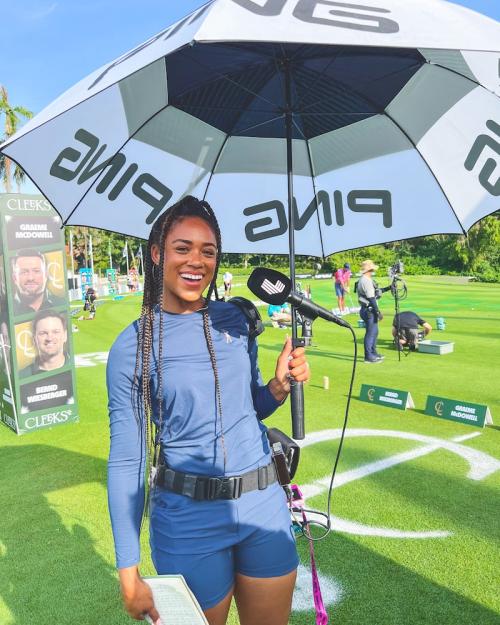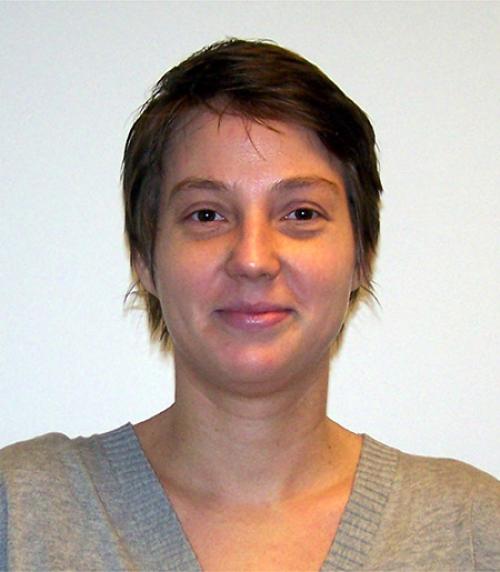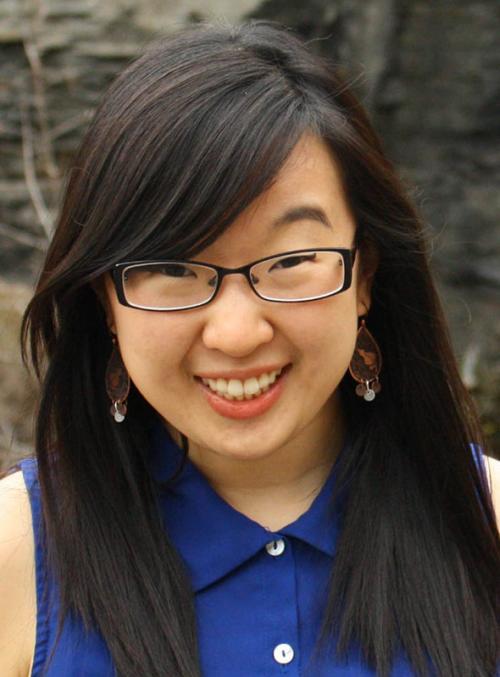Stephanie Sang '15
Major: Biology & Science of Earth Systems
Hometown: Solon, OH
Why did you choose Cornell?
By the end of high school, I was determined to study paleontology which requires an understanding of both biology and geology. So, I wanted to choose a university that is strong in both departments. Cornell’s Department of Ecology and Evolution and Department of Earth and Atmospheric Sciences have been wonderfully supportive during my time here. Additionally, I knew that the Paleontological Research Institution (PRI) is formally affiliated with Cornell. I have definitely made great use of the collections, facilities, and knowledgeable staff at the PRI, and am thankful that I can access these resources.
What is your main Cornell extracurricular activity -- why is it important to you?
This year, I co-founded the student organization “Science Olympiad at Cornell.” We hosted the inaugural Cornell Invitational in January, with ~400 high school students in attendance. Science Olympiad (a national competition for middle and high school students) had been such a huge part of my life before college, so giving back to the Science Olympiad community was especially rewarding to me. Science Olympiad broadens access to specific fields beyond what typical high school classes can offer; it was certainly responsible for introducing me to paleontology.
What, if any, Cornell-related scholarships/special financial benefits did you receive?
I was fortunate enough to be selected as a Hunter R. Rawlings III Cornell Presidential Research Scholar, which was able to acquaint me with students who are doing some really fantastic research. My research was also generously funded by the Einhorn Discovery Grant, the Arts and Sciences Undergraduate Research Fund Grant, and the Office of Undergraduate Biology. Because of these grants, I was able to travel to Panama to collect fossils, and attend several conferences to present my work.
What accomplishments/activities are you most proud of while at Cornell?
Science Olympiad at Cornell: going from an idea in the spring, a registered student organization in the summer, and then finally a full-fledged invitational in the winter! We could not have pulled this off without the support of so many academic departments and offices, who were all so committed to making our competition a big success. I have also survived walking up and down Libe Slope several times a day.
What, if any, research projects did you participate in at Cornell?
I have been working with Professor Warren Allmon since my freshman year. My research focuses on the evolutionary history of Central American turritellines, which are a group of beautiful, high-spired marine snails. One of the best elements of my project (and paleontology!) is that it draws from many disciplines. I often drive from the Cornell Lab of Ornithology, where I do genomic sequencing, to the Paleontological Research Institution, where I examine twelve-million-year-old fossils.
What Cornell memory do you treasure the most?
To list a few – fossil hunting on the gorge trails, viewing the lake and night lights on the Willard Straight balcony, studying on the top floor of Olin Library, walking outside on the first warm day after a long winter. And I’m sure I only find this funny in retrospect, but I laugh every time I remember course enroll from freshman year. I think the collective frustration of waiting for the website to stop processing… processing… gave our class a shared experience.
Who or what influenced your Cornell education the most? How or why?
My advisor, Professor Warren Allmon, has been such a fantastic mentor for all four years. He has given me substantial freedom in my research project; I have been able to take my project in my own direction. At the same time, Professor Allmon is extraordinarily supportive and always manages to make time for me despite his extensive responsibilities as Director of the PRI and Cornell professor. Dr. Allmon prioritizes my best interests, and that has allowed me to take advantage of so many opportunities.
What do you value about your liberal arts education?
Cornell offers an incredibly diverse set of courses, and I cherish the fact that I was able to learn about such a wide variety of subjects. My science classes have extensively prepared me for my career, but my liberal arts classes have helped me become a more informed citizen. I have particularly enjoyed classes from the Science and Technology Studies, the Feminist, Gender, and Sexuality Studies, and the Performing and Media Arts departments.
What are your plans for next year; where do you see yourself in 10 years?
Next year, I will be working on an MSc in Palaeobiology at the University of Bristol in the UK. I plan on returning to the US for a PhD in evolutionary biology/paleontology. I would like to always explore the astounding diversity and complexity in organisms today and throughout geologic time!
